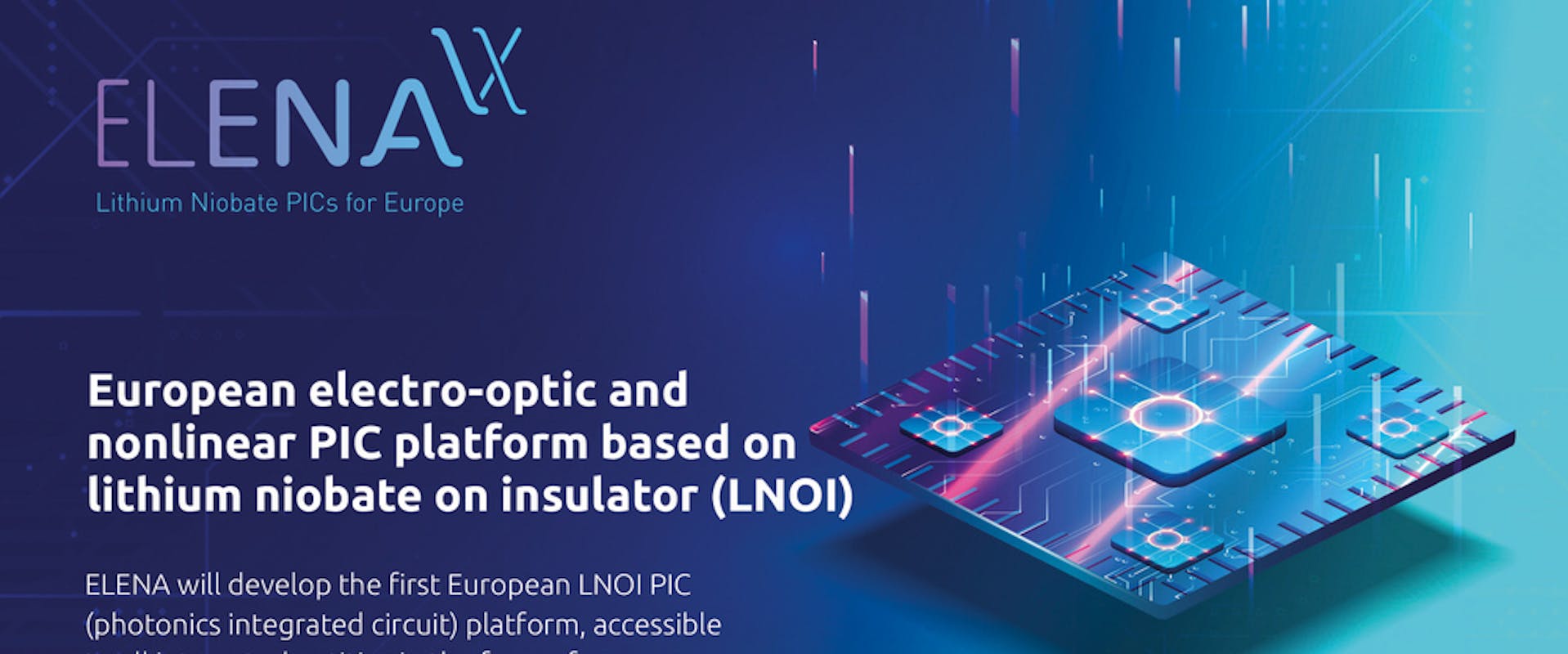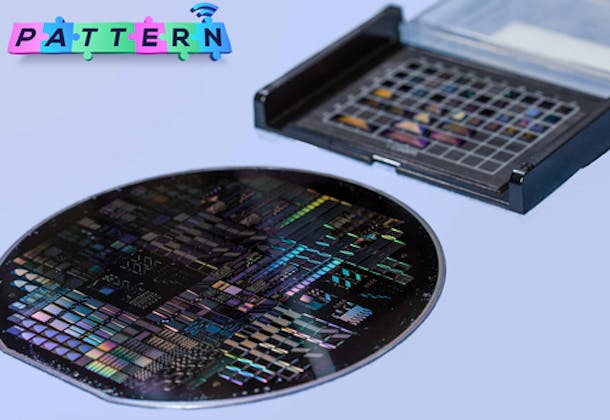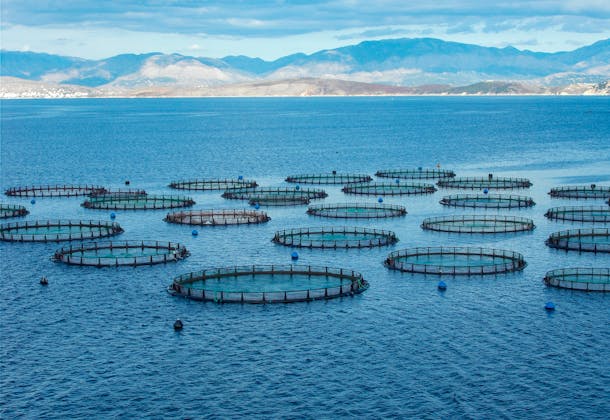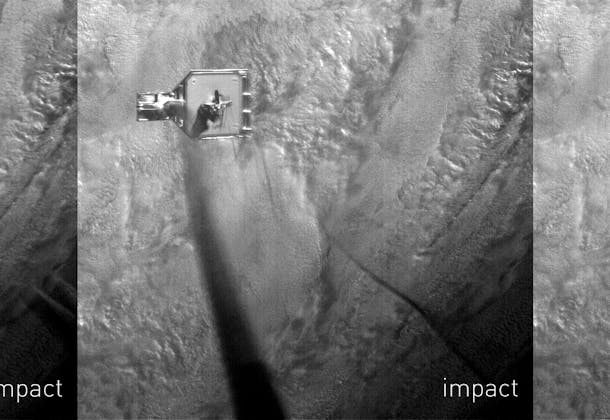14 février 2022
H2020 Project ELENA
(Anglais uniquement) The ELENA project promises to benefit the entire photonics sector by developing the first European lithium niobate on insulator (LNOI)-based platform for photonic integrated circuits (PICs) and establishing the first open-access foundry service for LNOI technology. LNOI is a novel electro-optic and nonlinear PIC platform. It offers enhanced performance and new functionalities for ultra-high-speed telecom networks, optical signal processing, programmable PICs, sensing and spectroscopy, LIDAR applications, quantum information processing and quantum computing. ELENA is a collaborative Research and Innovation Action funded by the European Commission under the Horizon 2020 programme.



